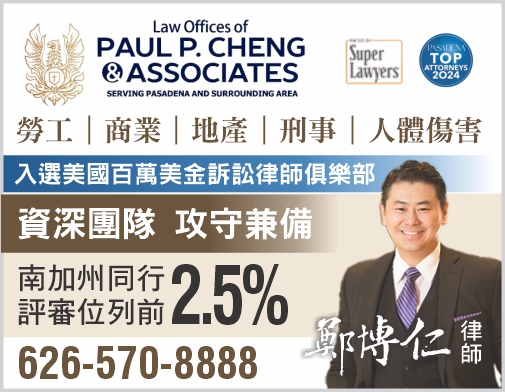TREATMENT OF HOMEOWNER ASSOCIATION FEES IN BANKRUPTCY
If the HOA is for a rental property, the HOA is not dischargeable whether the fees arise before or after filing of the bankruptcy. If the property is the residence of the debtor, the HOA fees that arise before the bankruptcy is filed are discharged. The HOA fees that arise after the bankruptcy is filed, if the debtor still owns the residence, are not discharged. The authority for this is Section 523(a)(16) of the bankruptcy code : Exceptions to discharge - : (16) for a fee or assessment that becomes due and payable after the order for relief to a membership association with respect to the debtor’s interest in a unit that has condominium ownership, or a lot in a homeowners association, for as long as the debtor or the trustee has a legal, equitable or possessory ownership interest in such unit, such corporation or such lot, but nothing in this paragraph shall except from discharge the debtor of a debtor for a membership association fee or assessment for a period arising before entry of the order for relief in a pending or subsequent bankruptcy case;”
The problem that may happen during these unusual economic times where banks sometimes are not in a hurry to foreclose on upside down properties is that debtor who is willing to abandon his residence will be incurring non dischargeable HOA fees for as long as the bank has not foreclosed. In some cases, banks do not foreclose for an extended period of time. To illustrate, debtor files for Chapter 7 relief today and is willing to abandon his residence. The HOA fee is $300 a month. One year after his bankruptcy filing, bank has not foreclosed on his house. The HOA then sues debtor to collect $3,200 for one year of HOA fees plus legal fees. Is the $3,200 and legal fees discharged? NO. Is $4,000 of HOA fees incurred before bankruptcy was filed discharged? YES.
Is there anything debtor can do to force creditor to foreclose his house? Debtor could propose a deed in lieu of foreclosure where debtor deeds back the property to creditor instead of foreclosure. However, a bank that will not foreclose probably will not accept a deed in lieu of foreclosure.
In Re Pigg, the court ordered a Chapter 7 trustee to sell the debtor’s condominium unit, which was severely damaged by flooding in May 2010. The court acted at the request of the debtor, who faced mounting post-filing HOA fees so long as the secured creditor refused to foreclose even though debtor had to abandon her home prior to filing for bankruptcy.
“Congress’ broadening of Section 523(a)(16), no doubt he result of some special interest lobbying, could not have foreseen the world and United States financial crisis that crashed Wall Street, sunk the real estate market, and affected, to some degree, almost every American. With the real estate collapse, lenders, who otherwise have the right to do so, are choosing not to foreclose on their collateral leaving homeowners in limbo. In the case of a Chapter 7 debtor who has surrendered her home in bankruptcy and been relieved of any personal liability on the mortgage, she cannot truly be given a fresh start because HOA fees are still accumulating until a lender chooses to foreclose...[sad violin music in the background.] If the lender never forecloses, that homeowner’s liability for the HOA fees continues in perpetuity. Congress’ broadening of Section 523(a)(a6) to protect the goals of HOAs deprives the debtor of a fresh start, and thwarts the goals of the entire Bankruptcy Code. If that situation were not dire enough, it is made worse by Mother Nature,” (the old blame the mother justification), the court said.
The bank agreed with the HOA argument that the fees were not dischargeable but it also argued that the Bankruptcy Code did not require it to foreclose. The law is harsh but clear, the bank said.
The court ordered the Chapter 7 trustee to sell the property pursuant to Section 363.
Lawrence Bautista Yang is a graduate of Georgetown University Law Center and has been in law practice for thirty years. He specializes in bankruptcy, business and civil litigation and has handled more than five thousand successful bankruptcy cases in California. He speaks Mandarin and Fujien and looks forward to discussing your case with you personally. Please call (626) 284-1142 for an appointment at 1000 S Fremont Ave Bldg A-1 Suite 1125 Unit 58 Alhambra, CA 91803.
图片翻摄自网路,版权归原作者所有。如有侵权请联系我们,我们将及时处理。
 點評
點評 微信
微信 微博
微博






